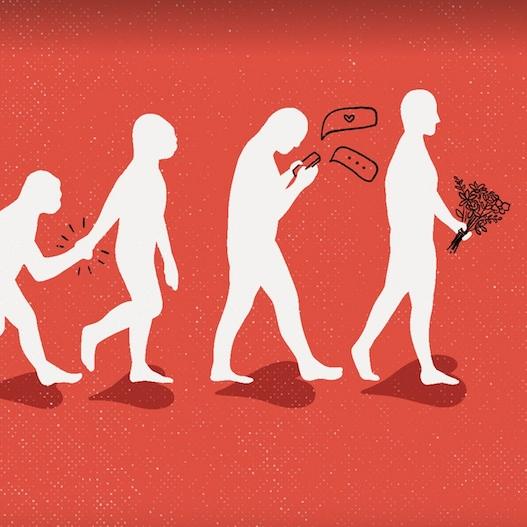
 Department Homepage
Department Homepage
Psychologist explores happiness, memory and identity
A hike in a spectacular Utah canyon got Shimon Edelman thinking: Humans crave novelty; boredom creates unhappiness. But if happiness is only possible through the pursuit of new experiences, what role does memory have?




